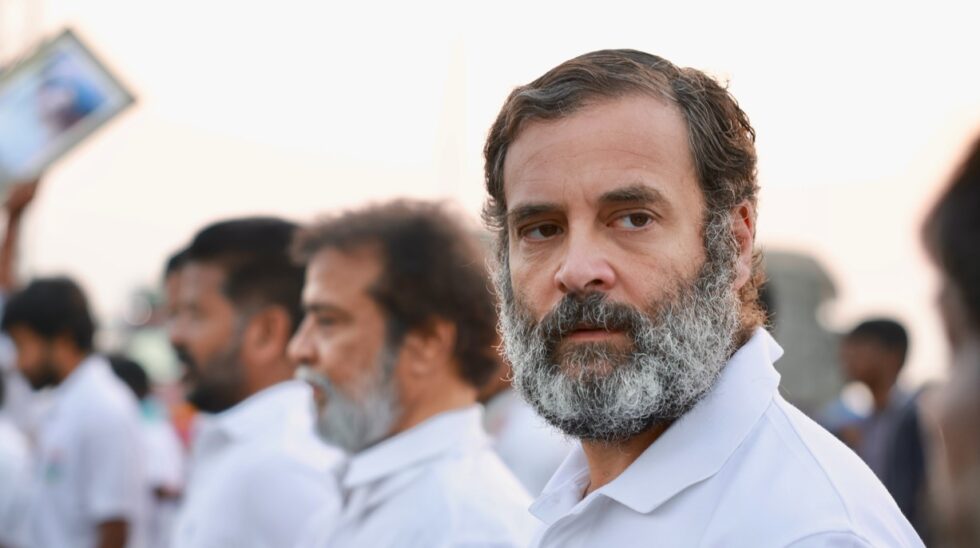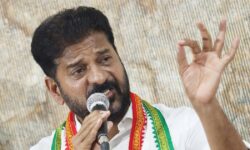
In a profound promise to rejuvenate the Congress party and pave the way towards a more equitable India, Rahul Gandhi, the party’s former president, addressed Congress district unit chiefs in New Delhi on Thursday. His speech underscored the urgency of rebuilding the party from the grassroots to challenge the current political narrative and champion the cause of an inclusive and fairer India. Gandhi’s dialogue with the district unit chiefs comes at a crucial time when the Congress party, a historical linchpin in Indian politics, seeks to regain its lost ground and reconnect with the populace across the nation.
“There’s a deep need to strengthen the Congress from its foundations,” Gandhi emphasized, outlining a vision that seeks to rejuvenate the party’s infrastructure and ethos from the district level upwards. His address spotlighted the challenges confronting India today, ranging from economic disparities to social injustices, and called for a renewed commitment from Congress units to work towards mitigating these issues. “We must commit ourselves to the service of every Indian and ensure our politics reflect the aspirations and diversity of our people,” he stated.
Gandhi’s remarks resonate at a time when India stands at a crossroads, grappling with questions of fairness, equity, and democratic values. He underscored the importance of unity and collective action among Congress members to reintroduce the party as a beacon of hope and resilience against the currents of divisive politics. By aligning closely with the concerns and aspirations of the common man, Gandhi envisages a Congress that not only challenges the status quo but also offers a tangible vision for a progressive and inclusive India.
Throughout his address, Gandhi was critical of the current administration without naming it directly, hinting at the policies and governance model that he believes have exacerbated inequalities and stifled dissent. This critique lays the groundwork for Congress’s strategy as it eyes the upcoming elections, aiming to recalibrate its approach to connect more effectively with the electorate. “Our fight is not just electoral; it’s a struggle for the soul of India,” Gandhi remarked, highlighting the ideological battle that Congress aims to wage in its quest for a fairer society.
The response from the district unit chiefs was one of optimism and resolve, signaling a readiness to take on the challenge. With Gandhi’s renewed focus on organizational strength and a grassroots approach, there is anticipation among party ranks that Congress can indeed create a compelling narrative for change. As Congress gears up for the battles ahead, both electoral and societal, Gandhi’s call to action marks a pivotal moment in the party’s efforts to reassert its relevance and champion the cause of a more just and equitable India.
In conclusion, Gandhi’s commitment to rebuilding Congress and shaping a fairer India reflects not just a tactical shift in the party’s strategy but a deeper ideological affirmation of its founding principles. The road ahead is fraught with challenges, but with a collective resolve and a clear vision, Congress aims to rekindle its historical role as a catalyst for positive change in the Indian polity.









